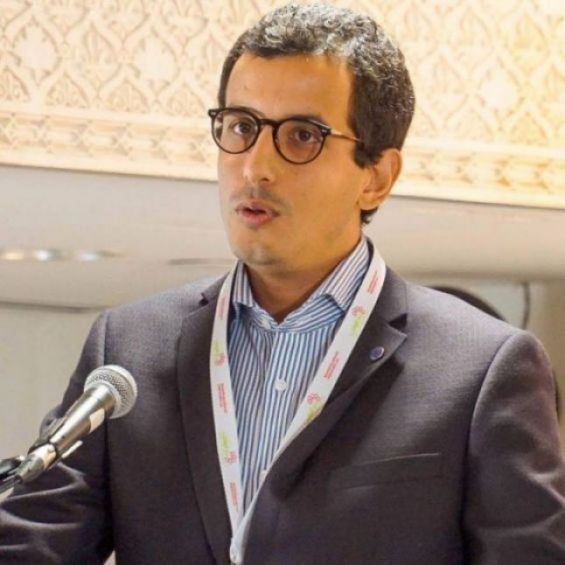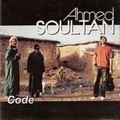When Hicham Mouatadid decided to immigrate to Canada in 2006, his primary goal was not only to consolidate his knowledge, but also to «forge» his own personality with an international vision.
Born and raised in Rabat, the 30-year-old man attended several schools growing up. It was at the Rabat Faculty of Legal, Economic and Social Sciences that he first obtained a diploma of general university studies (DEUG) in public law and then a degree in political science, before embarking on his Canadian journey.
Hicham Mouatadid was class valedictorian and earned a scholarship to study abroad which he used to enroll for an undergraduate degree at the Department of Political Science of the University of Montreal. He then opted for an academic career at the National School of Public Administration (ENAP) of the University of Quebec, where he specialized in international and diplomatic public administration.
Academic work as a path to integration
Believing that he was still in the need of «more specialized disciplines», the Moroccan-Canadian aimed to get into the prestigious School of Applied Politics of the University of Sherbrooke. As a researcher and analyst in applied political science, he specialized in geostrategic security studies. «I am still undertaking academic training to complete an advanced training in governance and public management of political institutions at Harvard University», he told Yabiladi.

But integration into Canada was no easy task. «I did not know anyone in Canada. For me it was a discovery from the beginning and I started like any ambitious young Moroccan who wanted to discover both the field of academic knowledge and new teaching methods but also get to understand the socio-cultural codes that we hold less knowledge about», the political science expert added.
It took him six months to «understand the cultural codes of society and try to be a somewhat more productive actor and not a mere observer» before «integrating» fully. «I understood that the only way for me was not to attend classes and return to my dorm room but rather to write, especially on the analysis of political speeches», recalls the researcher for whom «writing was a way of integrating».
And Hicham Mouatadid's quest for success is illustrated by his various professional experiences. From the International Bureau for Children’s Rights (IBCR) in Montreal, where he works on issues related to the protection of children's rights, the thirty-year-old has already worked for the federal government's Employment and Social Development Canada (ESDC) by managing youth centers.
In 2010, he also worked as a researcher at the Royal Institute for Strategic Studies (IRES). «My current professional life revolves around three main axes: education, political consulting in think tanks and research departments as well as academic production», he explains.
Would voting rights strengthen links with Moroccans Living Abroad ?
While he thinks that the Moroccan community living in Canada is «highly qualified» and «very engaged, each in their own activity», he believes that the diaspora is a group «that needs to be listened to».
Indeed, according to him, voting rights would «strengthen the links» of Moroccans living abroad with their country of origin. He considers however, that Moroccans in Canada are stand divided on the matter : «There are those who feel that they have to participate in this process and others who are wondering what is the point of participating or voting when their links to Morocco could be summed up, for some, to one or two trips a year, or even one trip every three years, given the distance. There are also those who want their voice to be heard when it comes to decision-making affecting the diaspora because they consider themselves marginalized», he explains.
«I think that Moroccans should have the opportunity to vote. Now, how seriously will these votes be taken ? Will it bring something very different ? Are we going to have one or more representatives in Parliament ?»
For the researcher, «Moroccan people deserve a political scene matching their expectations and worthy of their future vision and their love for their country». A scene that must necessarily include Moroccans the world over.





 chargement...
chargement...













